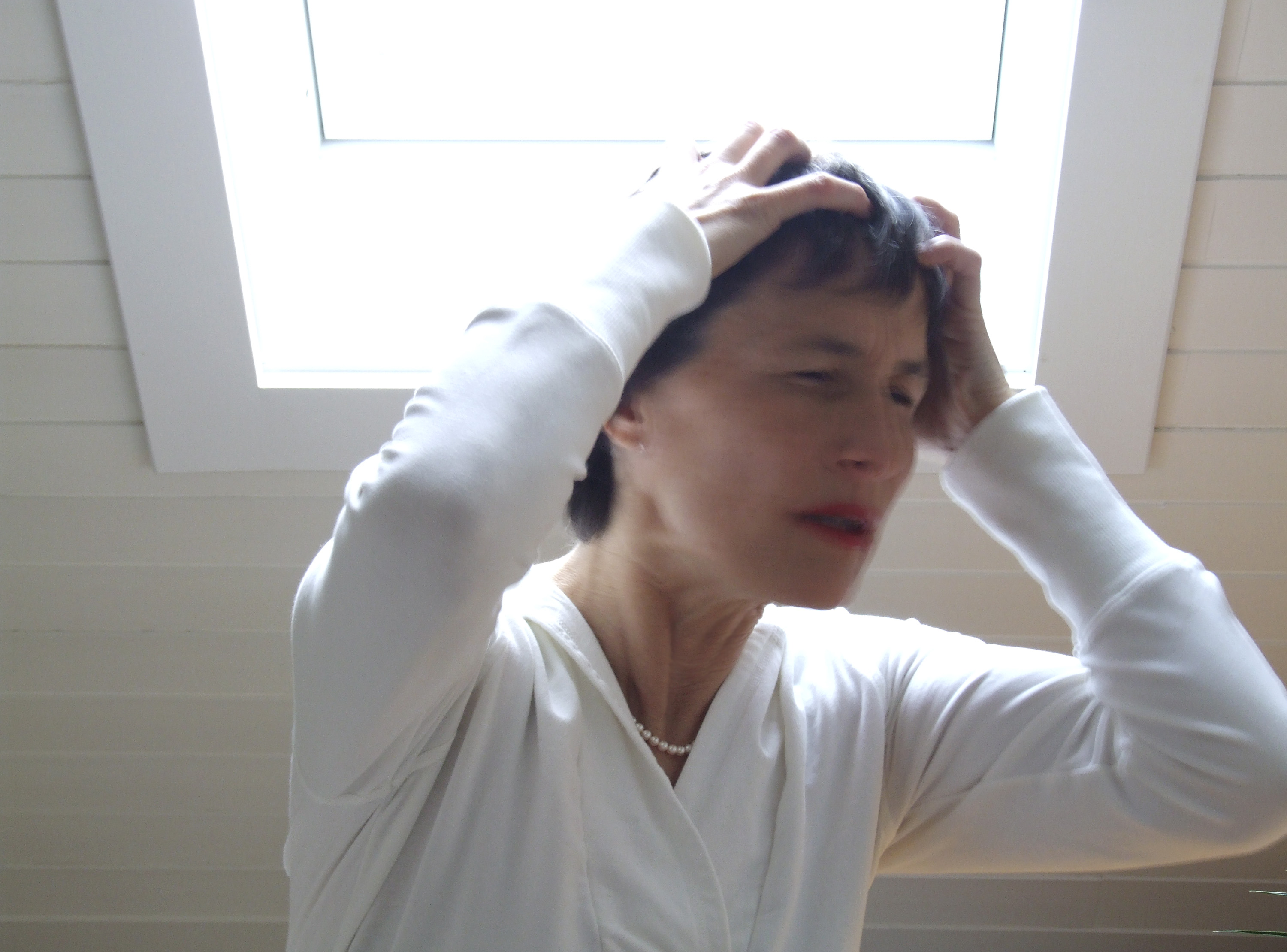
More Swiss treated for depression

Depression is on the rise in Switzerland, and it is mostly women who are being diagnosed with a mild form of the problem.
New figures from the Swiss Federal Health Office show that more and more people are seeking treatment. Around 345,000 people saw a doctor about depression in 2008 – or 13 in every 1,000.
Two-thirds of those going for a first consultation about the illness and being diagnosed with a mild form were women. But among standard or severe cases of depression the numbers evened out between men and women.
There were more diagnosed cases in cities and towns than in the countryside, and more cases in French-speaking parts of Switzerland, compared with German or Italian regions.
In the cantons of Geneva, Jura, Neuchâtel, Vaud and Valais there were 27 diagnoses of depression for every 1,000 consultations with a general practitioner doctor, compared with the national average of 13 per 1,000.
The Federation of Swiss Psychologists believes there is a simple reason why more women are being treated.
“It’s a matter of recognition. Women are more aware of it than men because women go to the doctors more often than men, and to gynaecologists, who also detect it,” spokeswoman Tezeana Frassineti told swissinfo.ch.
Men’s depression therefore often remains hidden, she notes. “We know that alcoholism in men is very often a sign of depression. They treat themselves this way. But that doesn’t mean that women are more prone to depression, apart from during biological changes [such as maternity and menopause].”
Acceptance
Living in urban areas can also be an influencing factor, she notes, but there could be many cases going unnoticed and untreated in rural areas.
“Biological depression, for example, is not less common in rural areas than it is in urban areas. It’s simply that – as with many psychiatric illnesses – we just don’t dare talk about depression in rural areas, and we don’t go to the doctor for something like this. In those parts you might say ‘well, my grandmother had it and so will I’.”
The 2008 figures are an increase on numbers from 2001, when the last major significant study on depression was carried out in Switzerland. (An exact comparison is not possible, though.)
The Federal Health Office says that the rise in diagnoses could be due to “the fact that more and more people are accepting to seek professional help for psychiatric problems”.
Language divide
The Health Office sees three possible hypotheses for the “striking” disparity between French-speaking cantons and the rest of Switzerland: a tendency among French-speaking Swiss to see doctors more regularly, less stigma about psychiatry in such cantons, and better assessments of depression by doctors.
“This report clearly shows that Switzerland should also adopt a uniform approach to optimising detection and treatment,” it said.
In response to the rising numbers, the Health Office says it will continue to encourage cantons to join the Alliance against Depression – a partnership that makes recommendations on the issue, notably to educate general practitioners about depression.
The Alliance says that according to international and national studies, seven per cent of the population suffers from depression.
Currently more than 50 million people in Europe suffer from depression at some point in their lives and the World Health Organization predicts that within 20 years more people will be affected by depression than any other health problem.
Frassineti adds: “Like all psychiatric illnesses it is important to talk about them. Furthermore, if you don’t detect depression quickly enough, it can become chronic, and that is very difficult to cope with.”
“Chronic depression is very hard to shake. It is important to sensitise people. Even if it is mild you need to have it confirmed and act to prevent it worsening.”
The World Health Organization describes depression as a common mental disorder that is manifested in depressed moods, loss of interest or pleasure, feelings of guilt or low self-esteem, disturbed sleep or appetite, low energy and poor concentration.
These problems can become chronic or recurrent and affect a person’s ability to function regularly.
At its worst, depression can lead to suicide. Globally, it results in around 850,000 suicides every year.
Depression affects around 121 million people worldwide. It can be reliably diagnosed and treated. Antidepressants and brief forms of psychotherapy are effective for 60-80% of those affected.
(Source: WHO)
In 2008, 345,000 cases were diagnosed in Switzerland: 118,000 for mild, 185,000 for regular and 42,000 for serious depression.
The highest numbers of cases were among the 15-34 and 45-54 age groups. Least affected was the 65-74 age group.
Geneva, Jura, Neuchâtel, Vaud and Valais had the most cases: 27 for every 1,000 consultations, compared with the national average of 13 per 1,000. With 3 per 1,000, Graubünden and Ticino had the least.
(Source: 2008 figures, Federal Health Office 2010)
Between 2000-2002 a team of researchers belonging to the German group “Depression” launched an action plan called “Alliance against Depression”, which is based on four levels of action.
The project helped to improve the treatment and living conditions of people who are depressed.
From 2003-2005 canton Zug worked with the organisation “Equilibrium” and the Federal Health Office to introduce the alliance’s action plan in Switzerland.
So far 18 European countries have joined the European Alliance against Depression. Switzerland is an observer member.

In compliance with the JTI standards
More: SWI swissinfo.ch certified by the Journalism Trust Initiative






























You can find an overview of ongoing debates with our journalists here . Please join us!
If you want to start a conversation about a topic raised in this article or want to report factual errors, email us at english@swissinfo.ch.